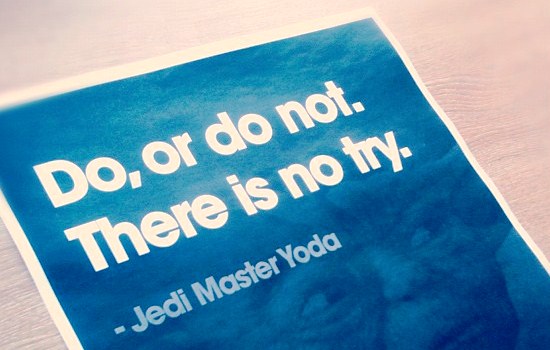Recently, I participated in yet another discussion about how to fix education and I’m beginning to develop a sense of déjà vu. I believe, that at some level, we already know what to do, and it’s not the answers that elude us. It’s the will, motivation, and ability to actually take a risk. Unfortunately, we often offer the same small answers to big questions.
Below are propositions that I believe are foundational to facilitating meaningful change. I do not assert that these are the answers, or that better solutions aren’t waiting to be proposed. However, these propositions attack obstacles that impede improvement. Such barriers sentence promising initiatives to lives of mediocrity and failure. Subsequently, that same sentence is then handed to our children.
In the coming months, I will be writing on the topics below and explaining why some must be non-negotiable for sustainable improvement. If at least a few of them do not raise your blood pressure in protest, I likely have not advanced the conversation, because we’ve all got it wrong. And right. The answers aren’t nestled in a list of ideas that are designed to please or appease any one ideology. I propose that we:
- Expand teacher contracts to 12 months, at all costs. Please note that I am not proposing an extension of the instructional year, rather, I am asserting an increase to the professional year. Teachers are expected to counter all of society’s woes. In nine months. Educating our children to the level we expect is arguably the nation’s biggest challenge, and our answer is part time employees, who are then blamed for failure?
- Stop pretending we don’t know what works. Define good instruction based upon the overwhelming research. Demand it in every classroom.
- Stop pretending that we don’t have a talent crisis at every level. And, aggressively support the talent that we do have with a strategic and funded professional development plan.
- Stop pretending all teachers deliver the same level of performance, effort, and results.
- Match personnel to their strengths.
- Embrace “think-tanks,” not just committees, thus creating fertile ground for ideas, not just process completion.
- Strategically push back against the “competition as a panacea” mindset by demanding and supplying evidence.
- Explore organized ways to hold school boards accountable for dysfunction that negatively impacts students.
- Pay teachers what they are worth, for better or worse.
- Stop patronizing teachers and start substantively supporting their efforts. Expect them to perform as professionals, and then treat them as such.
- Dismantle the current teacher training programs at the universities and raise standards, expectations, and performance congruent with surviving a rigorous program. Begin by eliminating the traditional student teaching model, raising content knowledge expectations, and more assertively counseling out mediocrity or candidates who clearly don’t possess the critical dispositions necessary to be successful teachers.
- Rethink the leadership model, including the role of the principal as a manager and instructional leader.
- Embed formal coaching for all teachers instead of passively coaching, while aggressively evaluating.
- Stop being afraid to propose and invoke massive, structural, and systemic change.
Are these propositions “pie in the sky?” Absolutely. So were the ideas of instantly downloadable music, GPS, and flying machines. At the risk of sounding cliché or waxing nostalgic, I can’t help but think back to President Kennedy’s bold plan to travel to the moon. Such a notion was seemingly impossible, but with one public declaration of expectation, a long-range plan was initiated that was built on ingenuity, intellect, and vision. And, as we all know, it ended with a crowning and defining national achievement. The best minds in the world were recruited and then empowered. Action followed. Eventually, Neil Armstrong historically hopped off a landing pod that proudly displayed the flag of the most ambitious country in the world.
It’s time for our moon landing moment, by reclaiming the legacy of a nation that dared to stop talking about soaring and took the necessary steps to do so.









